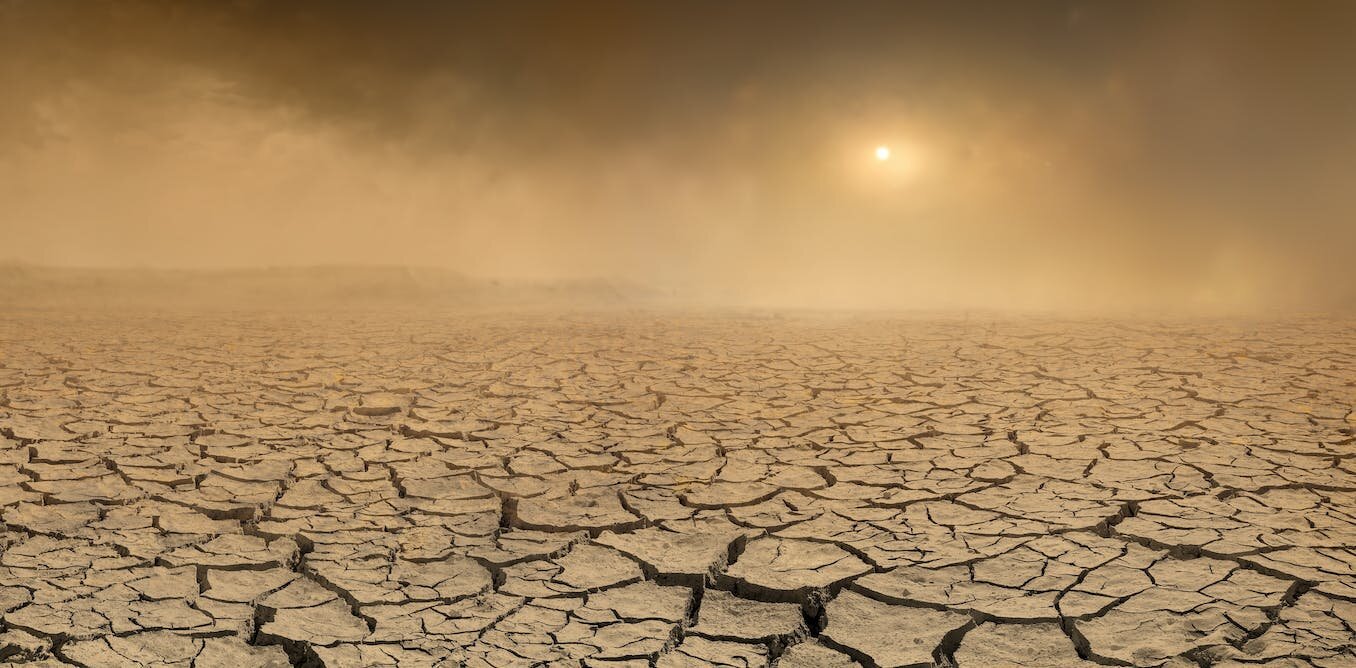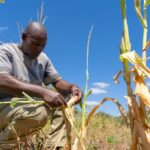
Across the planet, rainforests are turning into savannas or farmland, while savannas are experiencing drying out and transitioning into deserts. Simultaneously, icy tundra regions are thawing at an alarming rate. These “tipping points” have already been recorded in over 20 types of ecosystems, with others likely to follow the same path.
The problem with these tipping points is that once you get to one, there’s no turning back. It gets even worse: a new study has found these collapses could happen sooner than previously expected.
Extreme weather events such as droughts and floods will likely accelerate change in ecosystems, leading to faster tipping points. In some systems, adding extreme events on top of other stresses could bring forward the timing of a tipping point by as much as 80%.
A combination of continuous stressors such as unsustainable land use, agricultural expansion, and climate change, along with disruptive events like floods and fires, will converge like a “perfect storm”, the researchers said. This convergence poses a significant and imminent threat to natural systems, escalating their vulnerability at a rapid pace.
“While it’s not currently possible to predict how climate-induced tipping points and the effects of local human actions on ecosystems will connect, our findings show the potential for each to reinforce the other. Any increasing pressure on ecosystems will be exceedingly detrimental,” Gregory Cooper, study author, said in a media statement.
Tipping points
Using computer modeling techniques, the team of researchers from UK universities looked at four endangered ecosystems (two lakes and two forests) to identify the factors that could potentially trigger tipping points. These tipping points represent critical thresholds beyond which the collapse of these ecosystems becomes inevitable.
The models were run 70,000 times for each ecosystem, adjusting variables each time. Up to 15% of collapses were linked to new stresses or extreme events, despite keeping the primary stress, such as deforestation, constant. This means that even if ecosystems are managed more sustainably, climate change could still bring about a collapse.
Since 1980, there’s been a rise in the frequency of extreme climate events, and this is anticipated to escalate further with global warming, even if it is limited to 1.5°C, the goal of the Paris Agreement. The researchers are concerned over ripple effects, where the collapse of an ecosystem could trigger adverse consequences on neighboring ones.
“Over a fifth of ecosystems worldwide are in danger of collapsing,” Simon Willcock, study author from Rothamsted and Bangor University, said in a media statement. “However, ongoing stresses and extreme events interact to accelerate rapid changes that may well be out of our control. Once these reach a tipping point, it’s too late.”
An example is the Amazon rainforest. The UN International Panel on Climate Change (IPCC) estimates a tipping point prior to 2100. However, the new study suggests this could happen several decades earlier. Extreme weather events could decrease the Amazon’s ability to regenerate its own rainfall, making it drier and more vulnerable.
Previous studies indicated that the substantial costs associated with surpassing tipping points in vast ecosystems would primarily manifest in the latter half of this century. However, the researchers now believe these costs may materialize much earlier than previously anticipated. This brings new challenges for governments around the world as climate change kicks in.
Source : ZME Science





